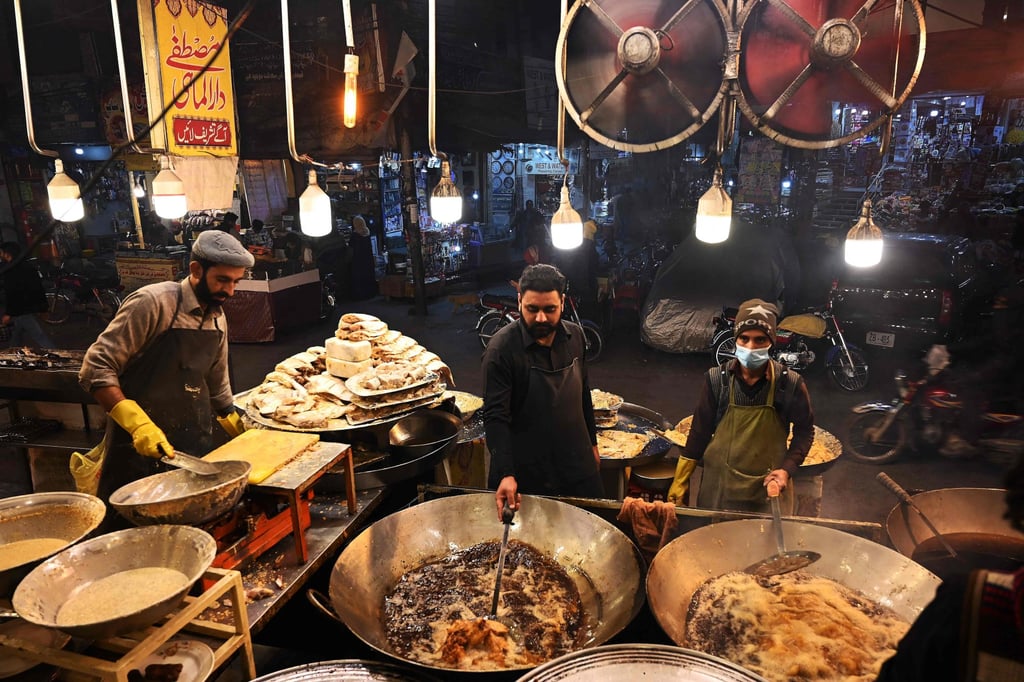Why Pakistan and Egypt are too big to fail to a Sri Lanka-style economic crisis
- Both are suffering a severe currency crisis fuelled by unsustainable spending and unaccountable borrowing from lenders that include the IMF and China
- But analysts say economic and political partners will ensure they ‘sail through’ the crises by imposing austerity, which carries its own consequences

So his “heart sank” when, upon returning to the market with his father late last month, he saw only a handful of customers and none of the super sweet, ghee-soaked mithai for which the market was renowned. Even the pickled mango for his breakfast had to be brought in from elsewhere.
“This is where I grew up,” the 22-year-old student at Sabanci University in Turkey told This Week in Asia. “Now it’s empty. Dead. I’m devastated.”
Pakistan is in the midst of a cost of living crisis that’s seen the price of ingredients such as ghee, cooking oil, milk, sugar and eggs – all used to make mithai – practically double over the past three years alongside soaring gas and electricity rates.

Inflation hit a 48-year high of 27.5 per cent in January, slashing customer demand against a backdrop of falling foreign exchange reserves and the rupee’s depreciation.